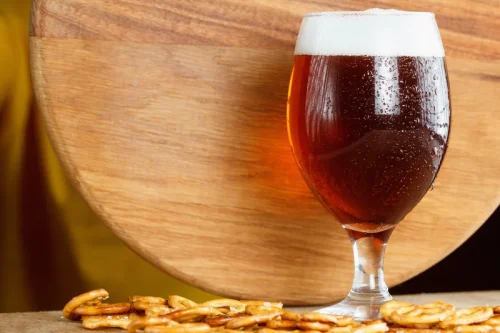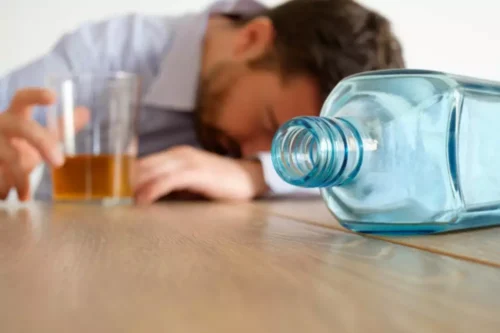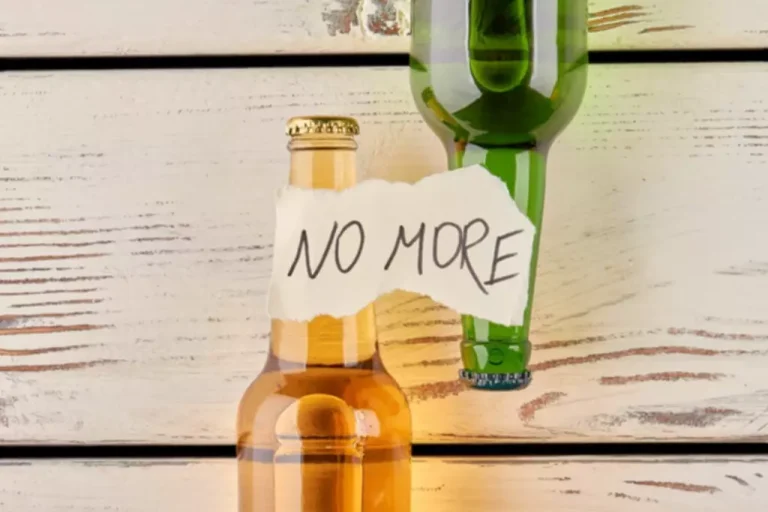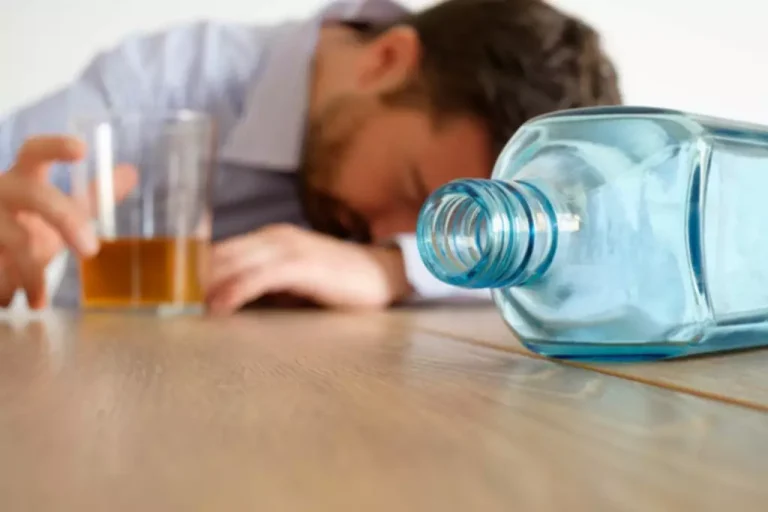
Family therapy sessions can also be beneficial, helping to improve communication and resolve any underlying issues that may impact your sobriety. Techniques such as meditation, yoga, and deep-breathing exercises can help you manage stress and the anxiety that may come with sobriety. These practices encourage focusing on the present moment, which helps alleviate worries about the future. 💙 Explore the importance of Embracing Fears and how accepting what you’re afraid of can help you make changes.
Don’t Let Your Addiction Create Smoke and Mirrors
- They don’t know when or how, but they trust that it will happen.
- If you are struggling with alcohol or drug addiction, don’t let the fear of being sober and reclaiming your life stop you.
- Low-alcohol and zero-proof beverage sales have grown 11% over the past five years.
- Frequently in the rooms of alcoholics or narcotics anonymous programs, somebody brings their fear of detoxification to the table.
- You make it up to everyone you ever hurt by never being that person again.
Regularly remind yourself of the positive changes that sobriety has brought to your life. Whether it’s improved health, better relationships, or greater productivity, focusing on these benefits can motivate you to maintain your sober lifestyle. Any big life change naturally brings a sense of fear or unease. At The Ranch at Dove Tree, a key component of our process is to give you the tools you need to move forward.

You’re Afraid of Withdrawal Symptoms.
I did not want to admit to a drinking problem and that kept me drinking. The two types of recovery houses assessed in this study showed different strengths and weaknesses and served different types of individuals. Communities and addiction treatment systems should therefore carefully assess the types of recovery housing that might be most helpful to their communities.
Tips for Avoiding the Holiday Pressure to Drink

After all, it’s been a long time since you were sober, and maybe your last experiences of sobriety were traumatic. The truth is, you have been using drugs or alcohol to cope with your feelings and maybe even symptoms of mental illness. If you give substance abuse up, you’ll have to face those emotions and find a new way to cope. If you have been abusing substances to tamp down feelings, you are in for a boatload of overwhelming emotions as you come clean. Get over your fear of being sober by facing it head on.

The type of response we have to situations differs from one person to the next. It is quite common for some to worry significantly about a therapy session while others worry about not opening up. These measures were taken from the Important People Instrument (Zywiak, et al., 2002). The instrument allows participants to identify up to 12 important people in his or her network whom they have had contact with in the past six months.
- But are you willing to keep letting your fear of sobriety, your fear of the unknown and what your life could look like, keep you stuck?
- However, sobriety doesn’t mean you won’t be able to cope with life’s challenges.
- I did that for the longest time, even though I wanted to quit drinking, when I thought of sobriety I felt afraid.
- The human body is an adaptive creature and ends up becoming accustomed to the poison being thrown inside of it daily.
- Don’t let difficult decisions and conversations with loved ones be the excuse you use to keep drinking alcohol.
But by focusing on your “why”—whether it’s for your health, family, or personal goals—you can stay motivated to continue on your sober path. Eudaimonia Recovery Homes offers fear of being sober a structured sober living environment that helps you manage your recovery step by step. By breaking down your journey into manageable pieces, you’ll feel less pressure and more empowered to stay on track. Each small victory builds confidence and reduces the fear of long-term sobriety. Fear in recovery isn’t something you can avoid, but it is something you can overcome and work through every day in your journey towards recovery.

” isn’t limited to those who haven’t received treatment for an alcohol and drug problem. Euphoric recall is a dangerous thought process that can jeopardize the recovery of those who have completed treatment and consider themselves sober. But no matter where you =https://ecosoberhouse.com/ are in your recovery, Eudaimonia Sober Living Homes can provide support every step of the way. We have facilities for sober living in Austin, Houston, and Colorado Springs ready to assist you in living your sober lifestyle. Call Eudaimonia Sober Living Homes at (888) 424 – 4029 for more information on the admissions process and current room availability.
Recovery Philosophy in Sober Living Houses
From our certified therapists and nurses to our emotional support animal “Cooper”, our entire team is dedicated to the health and success of our clients throughout our program and beyond. Once ethanol molecules have hijacked neuroreceptors to create a chemical dependency, AUD patients feel like they could die unless they drink, but this is neurochemical Sobriety instead of irrational. Whether it’s taking up a sport, diving into arts and crafts, or learning to play a musical instrument, new hobbies can provide a sense of achievement and distraction from cravings.
In a recent analysis of CSTL residents we looked at psychiatric severity as a predictor of alcohol and drug outcome using growth curve models (Korcha et al (2010). We found that a subgroup of about a third of the residents had significantly higher psychiatric severity than other residents and had significantly worse outcomes. Our work on identifying and describing these residents with worse outcome is continuing. These measures were taken from Gerstein et al. (1994) and labeled Peak Density and 6-month abstinence. Peak Density is the number of days of any substance use (i.e., any alcohol or drug) during the month of highest use over the past 6 months (coded 0-31). Six-month abstinence was a dichotomous yes/no regarding any use of alcohol of drugs over the past 6 months.
I surrounded myself with people that drank and used just like I did. I truly thought I was just the fun party girl who only socialized and drank alcohol. I thought just because I didn’t drink in the morning and at times would go a few days without booze, that alcohol was a non-issue for me. This prevented me from being able to see that I had a dangerous relationship with booze.

Leave a Reply